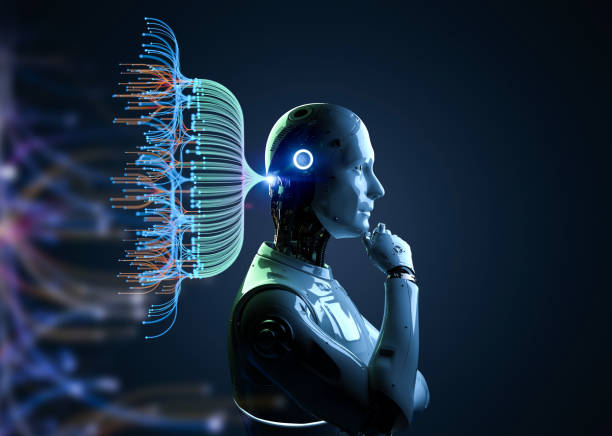Artificial intelligence is a broad term that means computer systems and artificial intelligence are able to process data more quickly, meaning they are more accurate in making decisions, and can make faster decisions than human experts. AI is often used for various purposes such as machine learning, speech recognition, digital forensics, etc. SCEE also refers to Artificial Intelligence as a Service (A.I.S). It is a business model that offers its customers the ability to provision their own AI services which will be run on demand based on an order. Companies are turning to A.I. to drive up their ROI and reduce costs while maintaining the trust of their consumers. Meaning there isn’t much of a difference between running AI and doing it yourself! Let’s take a look at what AI has really done for business and how using A.I. could benefit your company in the future too.
How Does AI Work?

The human brain is only able to process about 10% of all information that comes our way, meaning that even with full control over our surroundings, we will still make mistakes. AI, by contrast, can process 100% of all data and has the ability to learn from experience, making mistakes that we can correct as we go along. This means AI can be used to process massive amounts of data so it will be easier to store and understand. By processing data more quickly, AI could be used to identify and segment certain types of data so it is easier to see what is relevant, and can analyze for style, context, and other types of information.
What Is Artificial Intelligence and What Does It Mean For Your Business?
Artificial intelligence, also called artificial neural networks, is a type of computer architecture that can “learn” from data. This means it’s able to “understand” what data means, and respond accordingly. For example, AI could be used to process photos to identify objects, or recognize humans by recognizing faces. AI can do more than just process data. It could also “understand” what’s happening in the world around it, making quick and helpful decisions, and even making predictions about future events based on past experiences.


